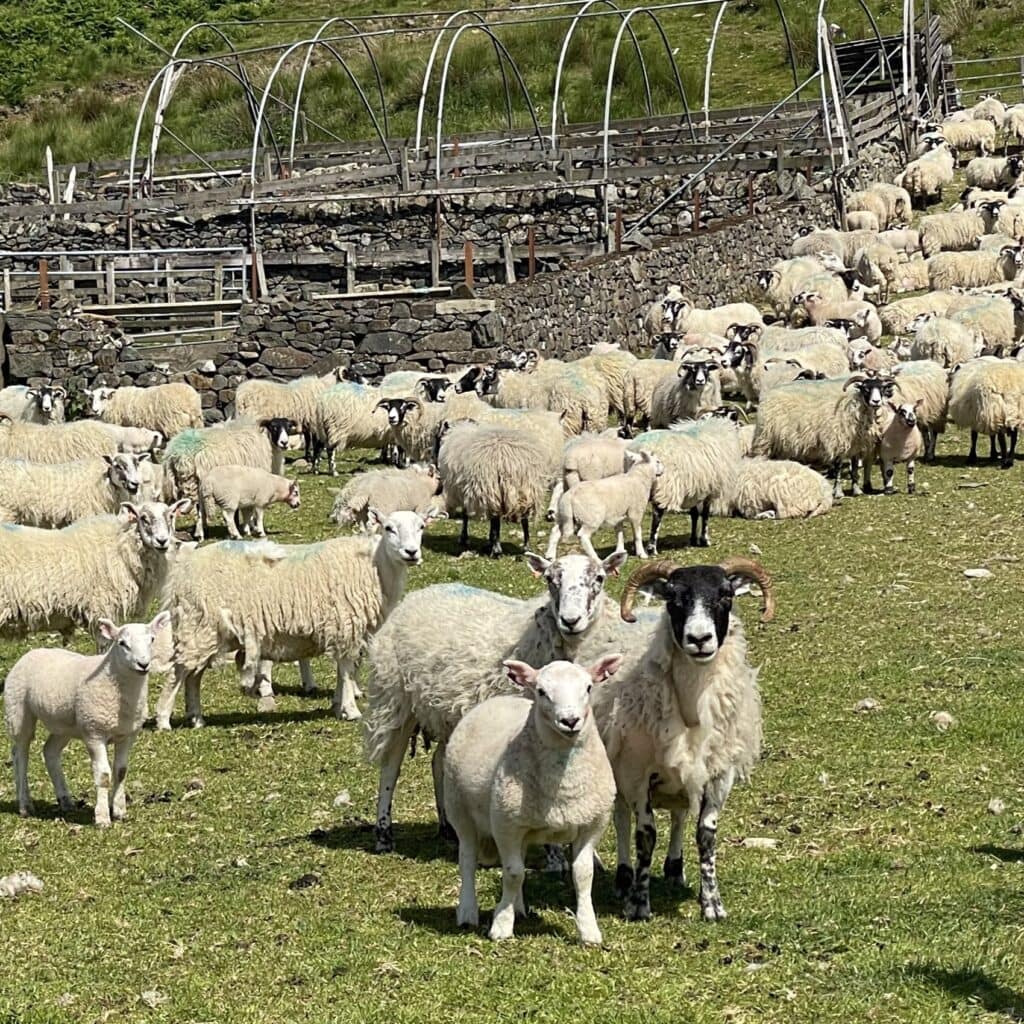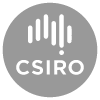In December 2022, the Animal Welfare Committee (AWC) released a pivotal report underscoring the welfare implications of castration and tail docking in lambs. This document, born from decades of research and consultation, highlights the slow nature of the change to date, yet it is committed to increasing the pace of animal welfare in the UK.
Historically, castration and tail docking have been undertaken for various management reasons, including preventing unwanted breeding and reducing the risk of diseases like flystrike. However, the traditional methods, particularly rubber rings without pain relief for lambs under a week old, have been criticised for the acute and sometimes pain they inflict.
The AWC’s 2022 report illuminates a path toward less more humane alternatives, drawing from scientific research, stakeholder engagement, and international practices. Notably, the committee revisits recommendations made in 2008, acknowledging the slow pace of change but proposing innovative methods that promise significant welfare improvements.
The AWC report extensively reviews the welfare implications of lamb castration and suggests the need for improved methods that consider animal welfare more holistically. While the report delves into alternatives and their potential benefits, it does not indicate an immediate change in legislation.
However, the report recognises the need for change and is part of a broader conversation that could eventually influence new regulations. In Scotland, farmers can now ring lambs up to 12 weeks of age using Numnuts.
English or Welsh farmers interested in using methods like Numnuts for lambs older than 7 days may find encouragement in the progress seen in Scotland, suggesting that change is possible.
For those looking to support a legislative shift in England, dialogue with animal welfare bodies, local MPs, and industry groups will be essential. AWC’s findings can inform these discussions, emphasising the importance of animal welfare and the benefits of adopting new practices that could be more humane and equally effective. We have seen first hand the animal welfare benefits of leaving lambs till 1 month old before ringing and have written about them in our article, Advancing Animal (Lamb) Welfare.

The AWC’s recommendations are not just about altering practices; they are about transforming the ethos of lamb production in the UK. Farmers and veterinarians can play a pivotal role in advancing animal welfare by adopting these proposed methods, ensuring that the practices align with ethical standards and public expectations.
As we embrace these changes, the benefits are manifold—from enhanced animal welfare to improved public perception and potentially greater market value for lamb products. This journey toward improved castration practices is a testament to the UK’s commitment to leading in animal welfare, promising a future where the welfare of lambs is at the forefront of farming practices.

Developed in collaboration with Moredun Research Institute

Validated by CSIRO

Developed in collaboration with Meat & Livestock Australia Limited ABN 39 081 678

Developed with funding from the AWI
Senesino Ltd
Rankine House
Unit 13 100 Borron Street
Glasgow, G4 9XG
Scotland
Company number: SC565014
Tel: +44 141 353 5490
Register My Interest and Become Eligible to Distribute NumOcaine